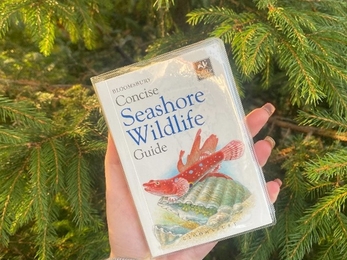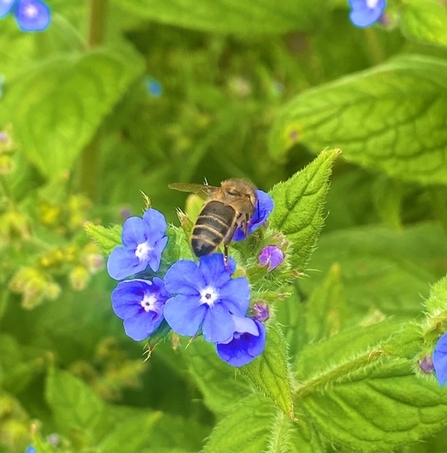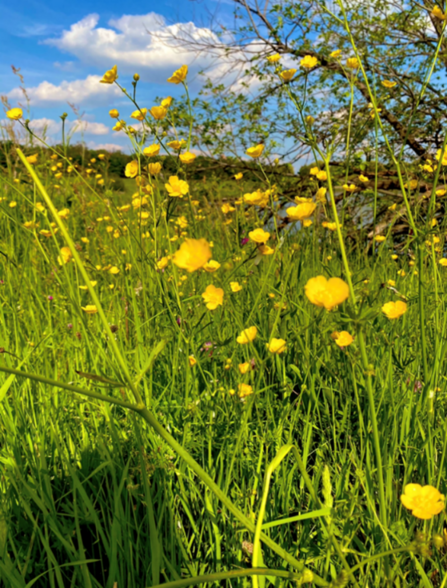For many young people, growing up with the absence of nature and a lack of access to green spaces can be extremely challenging - so why not take classroom lessons outdoors? These experiences will offer the chance for young people to learn about the natural world as well as learning surrounded by it. How can we expect our younger generations to take action for the planet when they have had little or no experience of just being in nature? A Natural History GCSE could offer this in multiple ways, including field study opportunities for all.
On the 1st of December a Westminster Hall debate took place to discuss the proposed introduction of a Natural History GCSE. This revolutionary qualification is designed to sit within the secondary curriculum in England, allowing students to study nature, the environment and the critical links between climate change and species and habitat depletion. Conservative MP for Eastbourne Caroline Ansell told MPs “Our young people today are caught up in an unhappy paradox: whilst their concern for the natural world is greater than ever before, their access to nature, to discover its magic, and marvel at its wonder is much reduced.” She referred to a study by Bath University which found that three-quarters of young people in the UK are worried about the future of the planet, but to the contrary of this many young people can no longer identify common wildlife, with one study finding that 83% of five to 16-year-olds “could not identify a bumblebee”.





